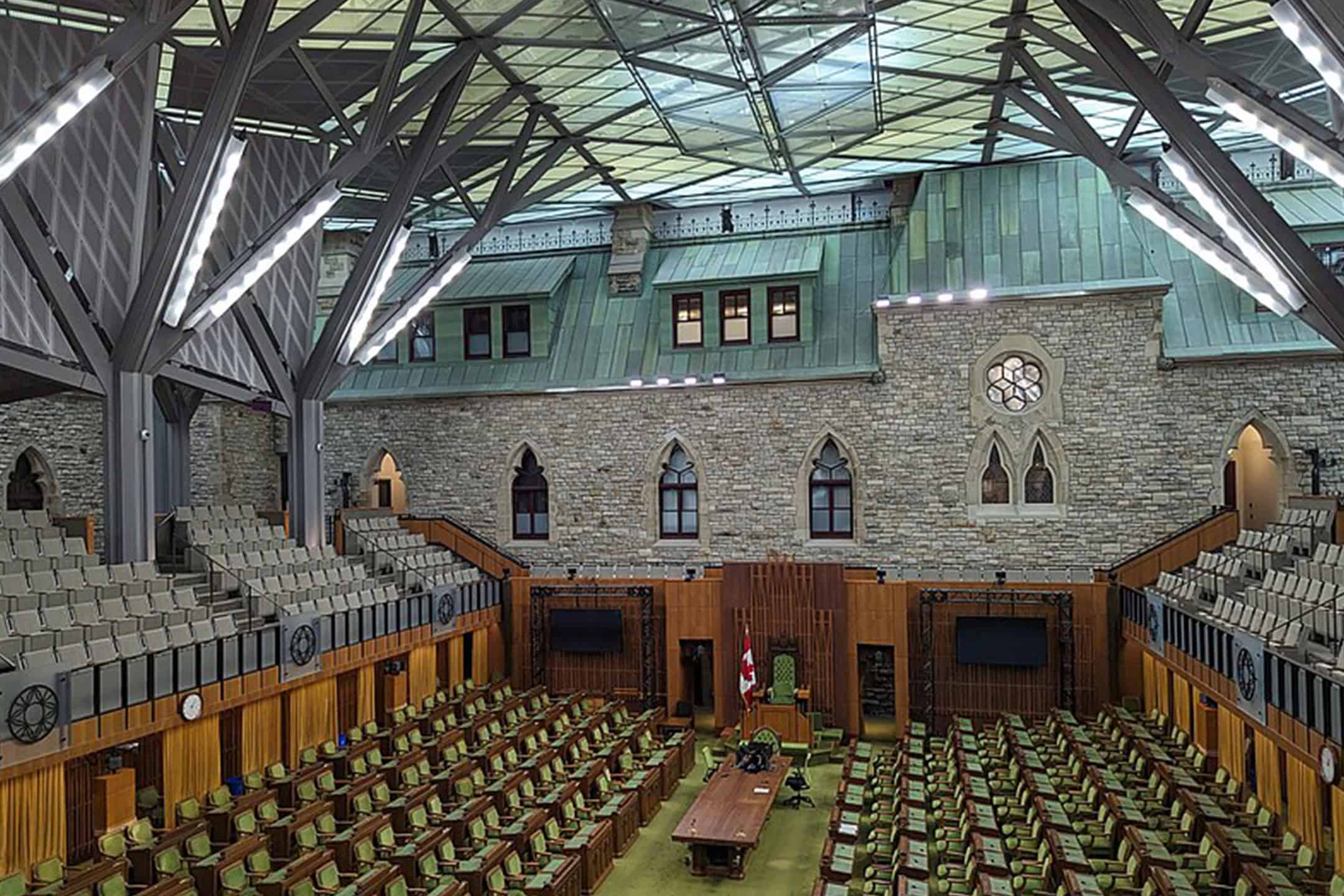On September 26, 73 Canadian organizations and 106 academics, including seven U of T professors, issued a letter to Prime Minister Justin Trudeau, calling on his government to stop all public financing of the fossil fuel sector.
The letter, prepared by Canadian environmental advocacy organization Environmental Defence, discusses recommendations for Canada’s need to divest from fossil fuels.
The letter comes ahead of the 29th Conference of the Parties of the United Nations Framework Convention on Climate Change, scheduled to take place in November in Azerbaijan — where global leaders will discuss initiatives to tackle climate change.
Keeping it below 1.5 degrees Celsius
The letter stated that the “projected emissions from the use of existing fossil fuel infrastructure already exceed the remaining global ‘carbon budget’”: the maximum amount of emissions the world can produce to avoid exceeding the dangerous 1.5 degrees Celsius warming threshold.
It also stated that to keep global temperatures within 1.5 degrees Celsius, the Canadian government has to stop financing all new fossil fuel projects and retire existing infrastructure.
“The Government of Canada must not use public money to support activities that grow or maintain fossil fuel dependence,” the letter stated. It further explained that the majority of Canada’s financial support to the oil and gas industry comes from domestic public financing of crown corporations.
Crown corporations in Canada are government-owned organizations structured like independent companies. Some generate their own profits, while others rely entirely on government funding and, indirectly, taxpayers’ money.
In 2023, the Canadian government provided at least $18.553 billion in financial support to fossil fuel and petrochemical companies, according to a report by Environmental Defence. A bulk of $7.3 billion came from a large crown corporation, meaning it was sourced from public finances.
Faculty’s support of the letter
The Varsity spoke to three U of T professors who signed the letter, each expressing concern about Canada’s continued reliance on fossil fuels as its main energy resource.
Christopher Matzner, a UTSG astrophysics professor, said that “the primary issue is that the Canadian government subsidizes fossil fuels to a tremendous degree.”
“Sometimes it’s not a subsidy,” he said. “Sometimes it’s just outright buying of a pipeline.”
Scott Prudham, a professor in the Department of Geography & Planning, supported Matzner’s view on federal subsidies. He noted that one specific source of fossil fuel funding the government targets is Export Development Canada (EDC): the country’s export credit agency and a crown corporation wholly owned by the government.
Despite the company raising concerns about the climate crisis on its website, EDC remains one of Canada’s largest investors in the fossil fuel sector. In fact, between 2019 and 2021, EDC was the country’s biggest funder of national and foreign oil and gas companies — funding an average of $11.6 billion a year. In 2022, EDC’s input to oil and gas companies reached $18 billion, according to Environmental Defence.
Prudham also mentioned that the Royal Bank of Canada (RBC), while not being a crown corporation, is a member of the Canada Deposit Insurance Corporation, which is a crown corporation.
“It’s not as though [RBC] is directly involved in extracting, and processing, and selling the products of fossil fuel extraction, but they’re enabling it by lending all that money to fossil fuel companies,” said Prudham. That’s why he fully supports U of T student groups’ advocacy against the presence of financial institutions like RBC on campus.
Loopholes in the existing climate policies
Apart from federal subsidies, the letter raises concerns about Canada’s current climate policies.
“The existing rules… have giant loopholes that allow for ongoing subsidies for [technological fixes] like carbon capture and hydrogen,” wrote Levin. “Carbon capture and hydrogen are great for greenwashing oil and gas, but they won’t deliver meaningful emissions reductions.”
Laura Tozer, an assistant professor of environmental studies at UTSC, said that Canada’s guidelines on inefficient fossil fuel subsidies allow for loopholes like this.
Introduced in 2023, the policy intends to phase out fossil fuel subsidies deemed inefficient by the government. However, exceptions remain: federal funding can still support projects that claim to reduce greenhouse gases and support clean energy and technology.
“And this means things like funding that is supposed to be going toward renewable energy… ends up going towards fossil gas, [liquified natural gas], fossil-derived hydrogen, and other technology like carbon capture and storage… that are actually prolonging our dependence on fossil fuels,” said Tozer.
She explained that loopholes allow for fossil fuel-related projects to qualify for public financing by labelling their technologies as green. For example, although about 95 per cent of the world’s hydrogen is produced using fossil fuels like coal and natural gas, the industry can still market hydrogen as a clean or green technology since its only byproduct is water.
Levin added that subsidies aimed at reducing greenhouse gas emissions from oil and gas companies are exempt from the regulations.
“[Crown corporations] are some of the wealthiest companies in Canada,” she said. “They should be cleaning up their own mess, not asking for taxpayer handouts.”



No comments to display.